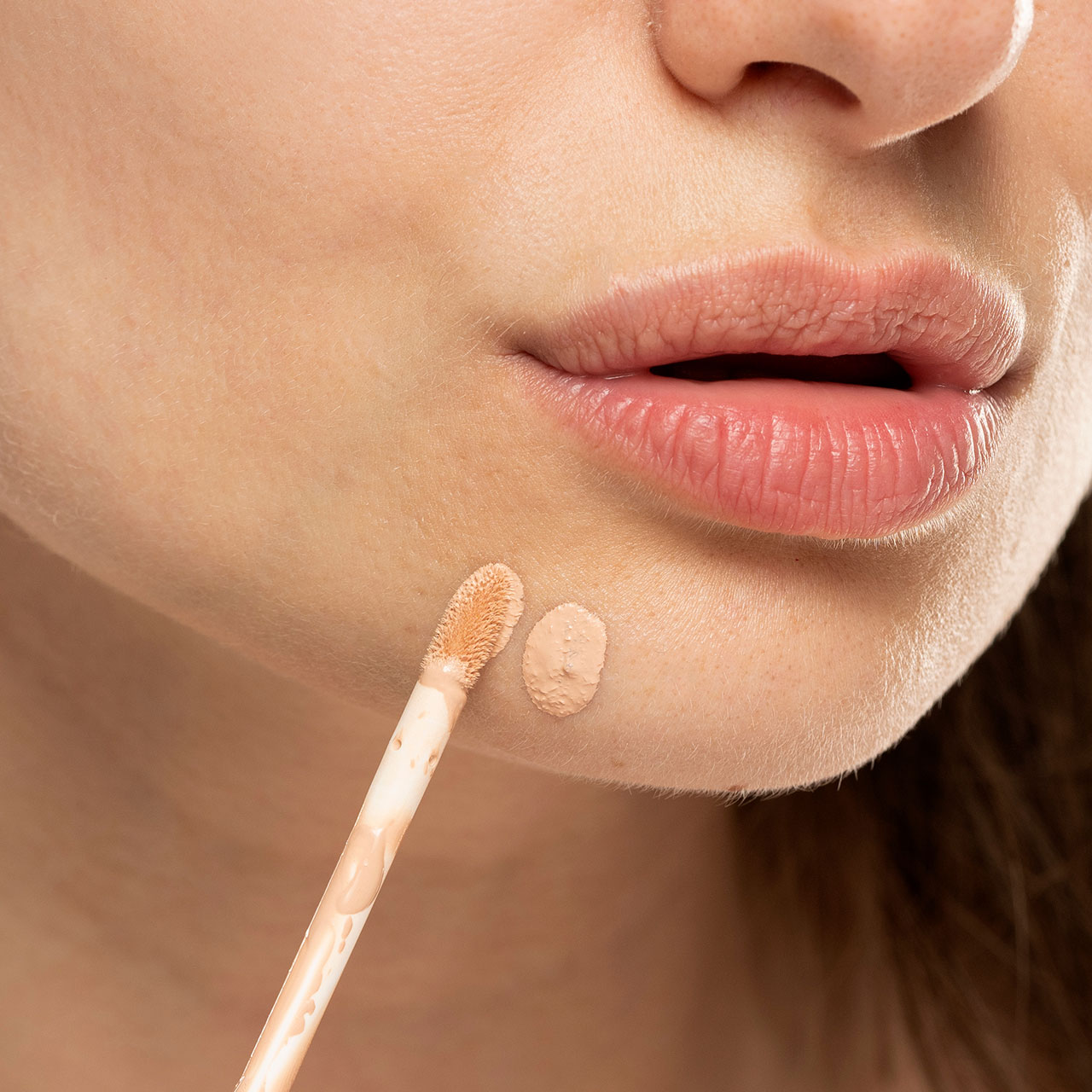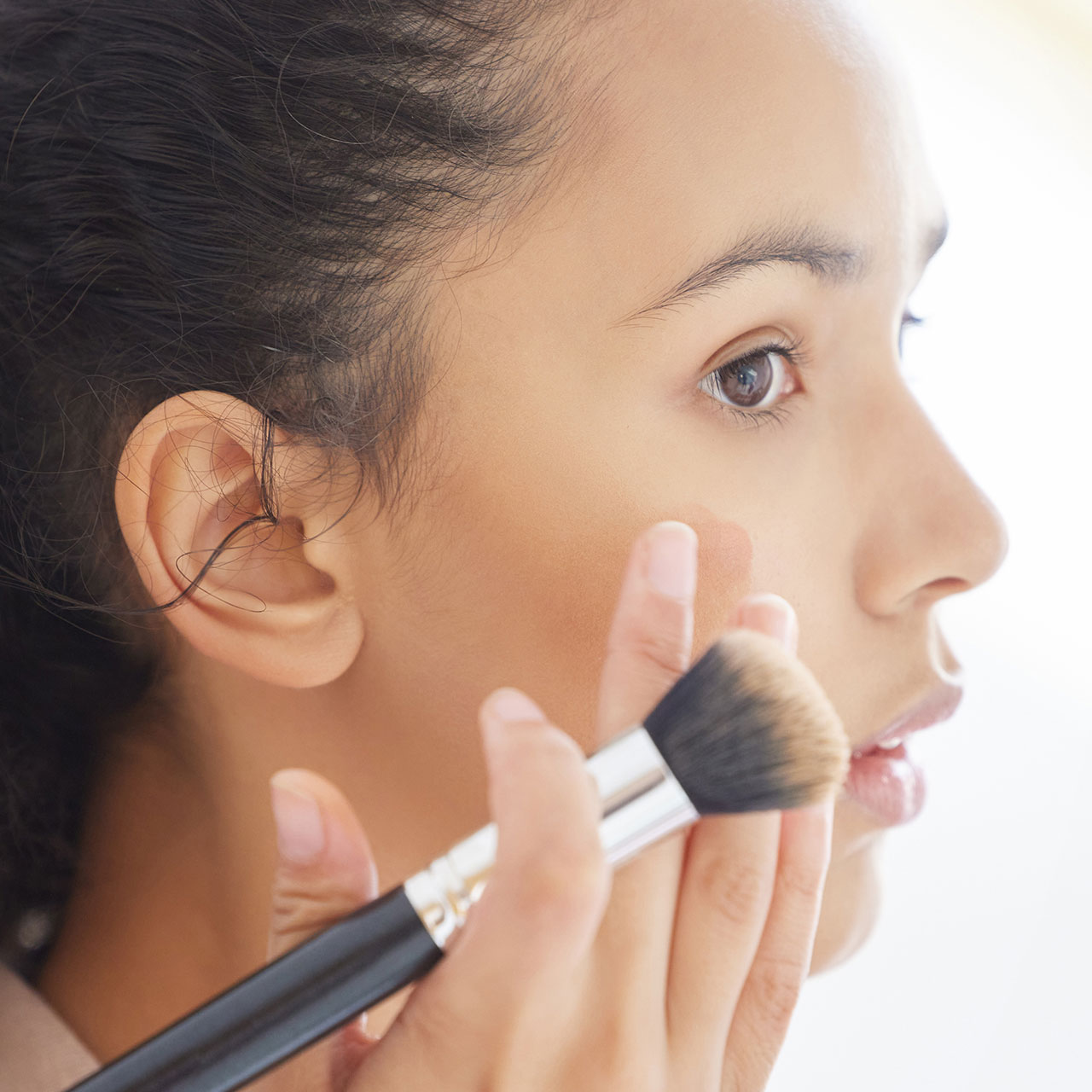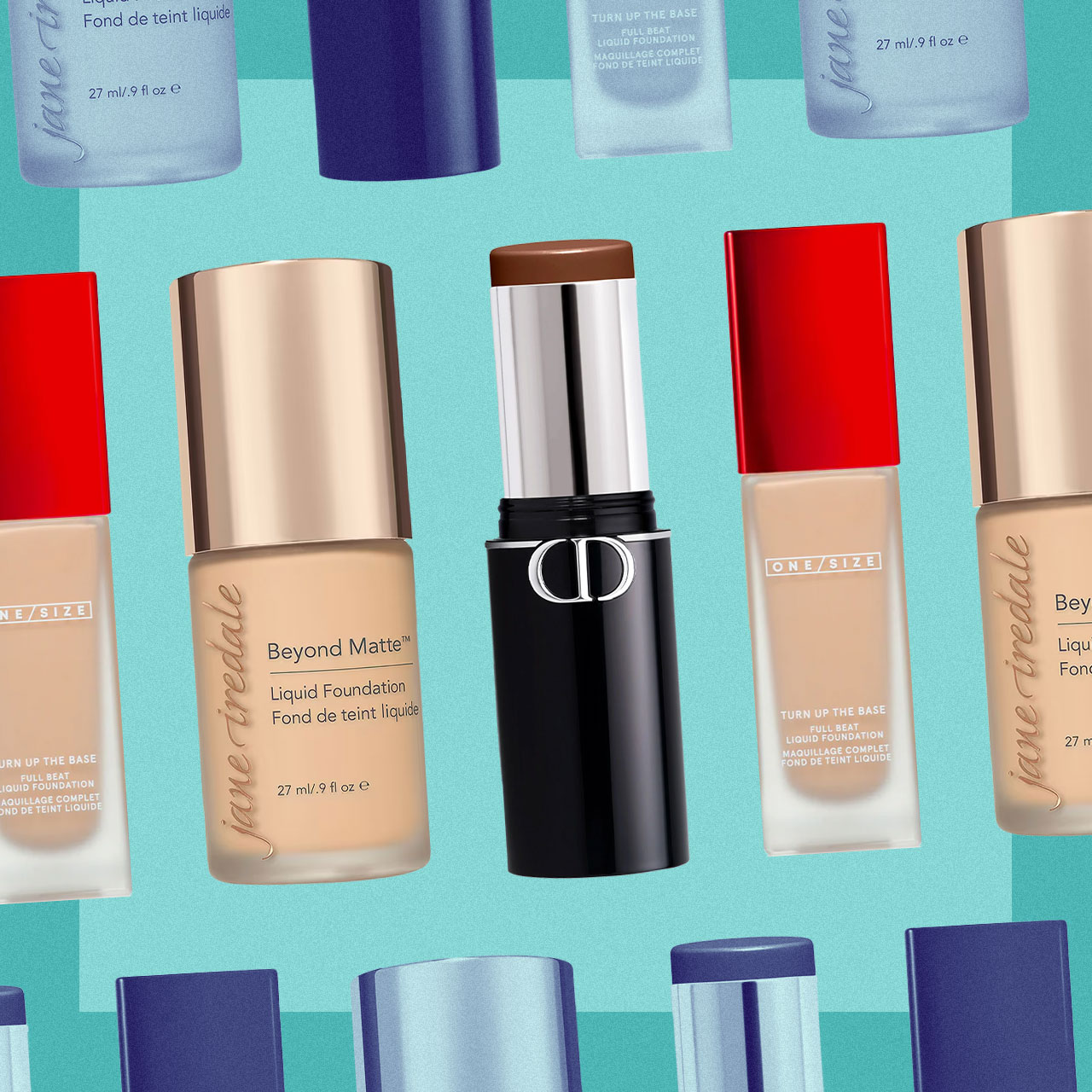This is an archived article and the information in the story may be outdated. Please check the time stamp on the story to see when it was updated last.
Whether you’re a skincare novice or a pro, you may be surprised that the beauty industry doesn’t want you to know what is causing sagging skin. Before we unveil what the culprit is, we have to go to the science behind saggy skin. Medical aesthetician and industry expert, Cassandra Bankson, explains: “Our skin is held together by collagen and elastin found in our connective tissue. Collagen is the strong stuff and elastin, like a rubber band, is the stretchy stuff. Biggest contributors that cause sagging skin and the breakdown of these products are UV rays and sun damage, which directly damages DNA and collagen in the skin. But other factors such as stress, and especially smoking definitely play a role.”
Now, brace yourself for the skincare ingredient you will want to toss in order to avoid saggy skin.


You might remember Cassandra from her early YouTube videos in which she shared her acne-covering makeup routines. If you’ve seen her videos over the past couple of years, you’ll see that she not only has cured her acne, but has also treated other skincare and has a penchant for recommending the best skincare products. So, if you want to avoid saggy skin (don’t we all?) you may want to steer clear of collagenase, an enzyme that breaks down collagen.
We know that celebs like Kourtney Kardashian swear by collagen to keep youthful, firm skin so anything that breaks down collagen is a no-no.

Another ingredient that could be in some skincare products that are worth avoiding are mineral acids, which can also cause collagen degradation. Cassandra explains, “These mineral acids can cause an irreversible change in the chemical bonds that hold collagen protein in your skin together, and cause these to break down, therefore leading to sagging and wrinkling of the skin.” The specific acids that can cause collagen degradation are HCl and H2SO4. “H2SO4 is sulfuric acid - another strong acid that can definitely do damage to your skin and collagen. Thankfully, when this is used in skin care ingredients it is often added to adjust the pH, or how acidic a product is. When using minuscule amounts of this and combining it molecularly with other ingredients that can help neutralize sulfuric acid so it doesn’t attack your skin, and it actually can work with the other ingredients to help balance the pH of your skincare.”
Consultant Dermatologist, Rachael Burns, adds that: “Methylparaben is an ingredient that when used in large amounts causes collagen levels to decrease which actually speeds up cell aging, death and ultimately skin sagging.” Collagen is the most abundant protein in our bodies, accounting for about one third of its protein composition. As we age, often starting in our 20’s, the amount of collagen we produce starts to decrease – leaving our skin less elastic, full and firm. So if an ingredient breaks down collagen, sagging and wrinkles can occur.


























